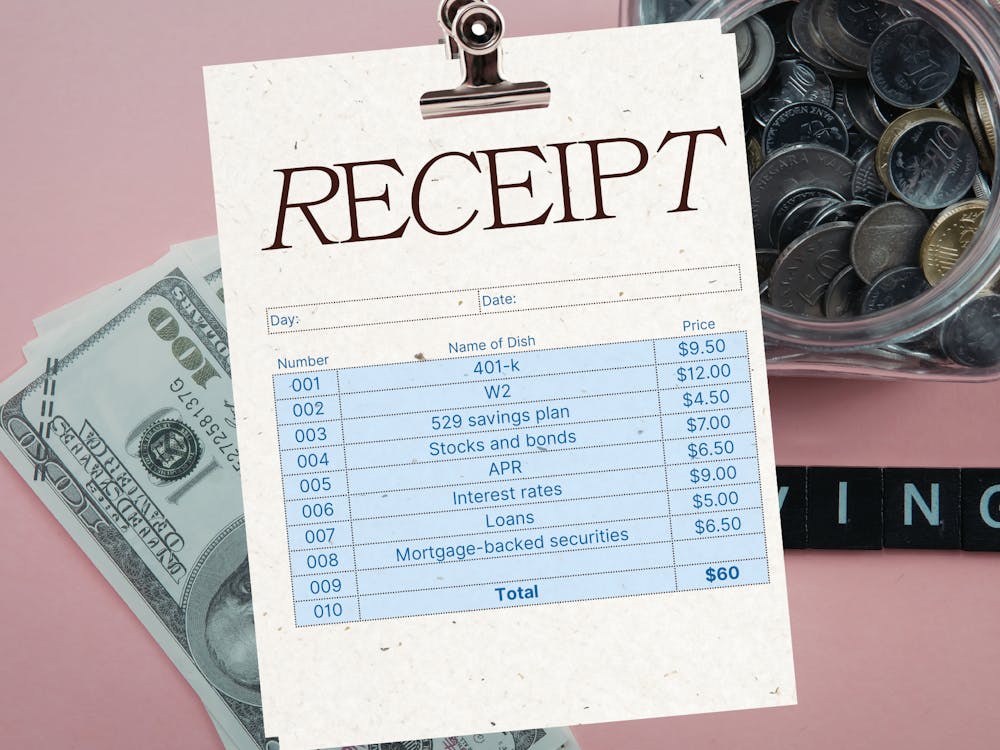Nearly seven months ago, Emma Watson gave a speech about feminism to the United Nations that many called revolutionary.
She invited men into the feminist movement, assuring them that the misogynistic paradigm in the world we live in affects them too.
I didn’t want to be unsupportive of the movement. I liked that feminism was getting attention in the media. I liked that the stigma around the word “feminist” was deteriorating. I wasn’t against men being included.
However, ever since I heard the speech, a pit formed in my stomach. Something wasn’t right.
Before I go any further, I want to point out that my respect for Watson and others who have put HeForShe in motion is not diminished by my disagreement.
However, there is a problem here, and it’s a big one. I realized that the uncertainty in the pit of my stomach came from how part of HeForShe is a giant explicit invitation given to men, in contrast to the implied one that is given to marginalized women.
I have no problem with men being included in feminism. Watson’s correct in saying that gender roles negatively impact men all the time. I don’t even think that the movement is actively trying to exclude women of different races or sexualities, but it’s naive.
In a perfect world, transgender women and women of all colors and all sexual orientations would be included in a women’s movement without question. But we don’t live in that world.
In the U.S, one out of 12 transgender people is murdered. Ninety percent of those victims are in the male-to-female spectrum and 70 percent of them are women of color.
When we talk about the injustice of women earning $0.78 to a man’s dollar, we’re actually talking about white women. Black women earn $0.64 and hispanic women earn $0.54.
These women have been fighting for attention in the feminist movement for decades and have largely been ignored. So as much as I don’t consider myself a “man-hater,” I see it as a slap in their face that the HeForShe attention was simply handed to men.
An implied invitation is not enough. Anyone who has ever received one knows this.
Let’s say you’re back in high school and someone is throwing a party. They hand out invitations. You wait and wait for yours, and feel let down when you realize it’s never coming.
All your friends go and post pictures on social media, make a big deal about what a great time they had. Then, when you come back to school, they turn to you and ask, “Why weren’t you there?” You tell them you weren’t invited. They say, “Don’t be silly! Of course you were, it was implied.”
Maybe this is a petty example, but on a larger scale, that feeling of disappointment turns into hopelessness.
These women are treated like an afterthought. They’re invited after the party’s over, and they deserve more than that.
I don’t want to flip through Elle’s feminist issue and see a white Emma Watson and then a bunch of white men. I want to see women of color. I want to see women with disabilities. I want to see transgender women and plus-sized women.
It’s great that men want to support us, but before we rally for that support we need to rally for internal recognition and acceptance. Women need to support all women, or this doesn’t work.
We need to fight for SheForShe before we fight for HeForShe.
Rachel Rippetoe is a reporter for The Beacon. She can be reached at rippetoe18@up.edu








